 Imagine a Detroit with neighborhoods free from environmental pollutants and the highest standard of health and quality of life for all. With $2.8 million in funding from the National Institute of Environmental Health Science, a new project titled, Community Action to Promote Healthy Environments (CA-PHE) will embark on a city-wide initiative to reduce air pollution and improve residents' health.
Imagine a Detroit with neighborhoods free from environmental pollutants and the highest standard of health and quality of life for all. With $2.8 million in funding from the National Institute of Environmental Health Science, a new project titled, Community Action to Promote Healthy Environments (CA-PHE) will embark on a city-wide initiative to reduce air pollution and improve residents' health.
“Air pollution has long been a community concern in Detroit. We have coal combustion, incinerators, an oil refinery, steel mills, truck traffic and other contributors that impact air quality,” says Guy Williams, President and CEO of Detroiters Working for Environmental Justice. “These types of emissions are linked to asthma, cardiovascular disease, and low birth weight, all of which are dangerous to our health.”
Over the next 5 years, leaders from the University of Michigan School of Public Health and Detroit community-based organizations (see full list of partners below) will gather data to understand the factors influencing air quality. Findings will be used to create an action plan and policy recommendations aimed at reducing the effects of air pollution on residents' health.
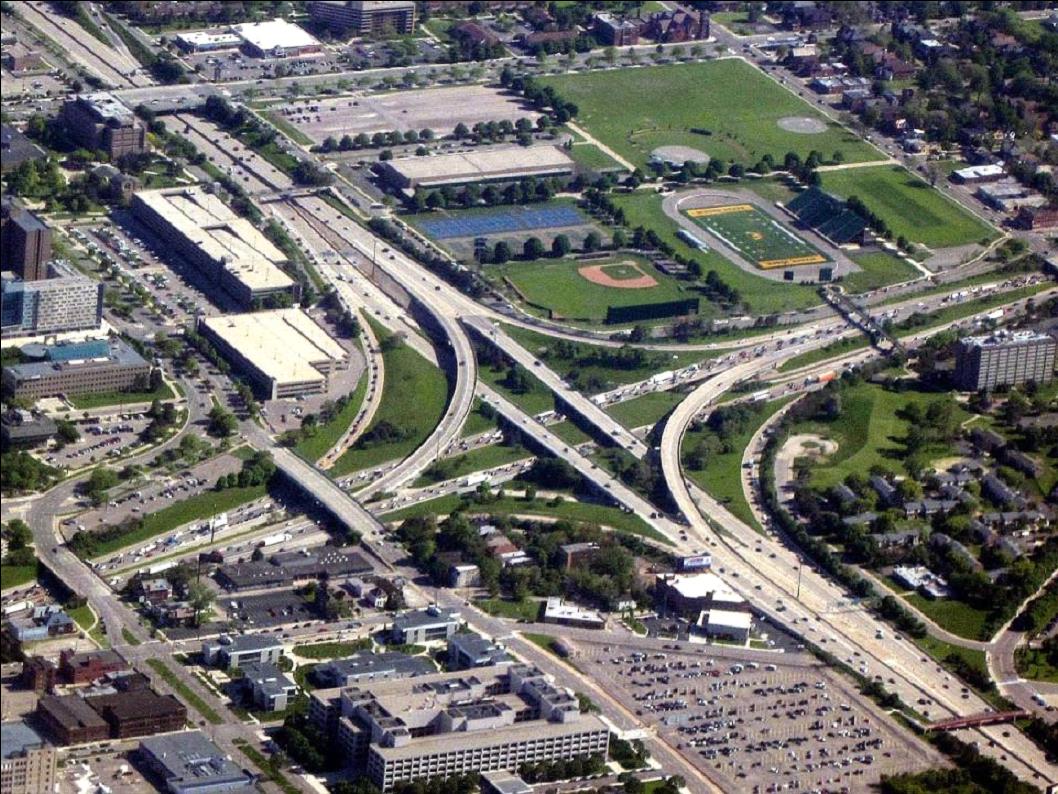 According to Co-Principal Investigator, Dr. Amy Schulz, “Data exists to address air quality concerns in Detroit; now we need the collective engagement of community, health, planning, policy and other decision makers to translate the research into action.” Co-Principal Investigator Dr. Stuart Batterman adds, “Translating our data into meaningful recommendations and best practices has the potential to guide environmental policies in Detroit.”
According to Co-Principal Investigator, Dr. Amy Schulz, “Data exists to address air quality concerns in Detroit; now we need the collective engagement of community, health, planning, policy and other decision makers to translate the research into action.” Co-Principal Investigator Dr. Stuart Batterman adds, “Translating our data into meaningful recommendations and best practices has the potential to guide environmental policies in Detroit.”
The initiative may also have broader environmental policy implications, for example, for the nearly 40 million Americans living within 300 feet of a 4-lane highway.
One action strategy that has gained considerable community support is the use of green buffers to separate residents from polluting sources. Buffers, like trees and plants, provide a physical barrier and enhance the removal of pollutants. They also reduce noise, link non-motorized transportation corridors, and provide shading and cooling. Buffers can be created near highways, in neighborhoods, around schools, and in a variety of other locations. They are also low cost and can be installed using local labor, thus providing opportunities for employment in Detroit.
 “We are excited about incorporating buffers into our neighborhoods. They may be one of the most effective and high reward strategy for improving air quality in Detroit,” says Kathy Stott, Executive Director of Southwest Detroit Environmental Vision.
“We are excited about incorporating buffers into our neighborhoods. They may be one of the most effective and high reward strategy for improving air quality in Detroit,” says Kathy Stott, Executive Director of Southwest Detroit Environmental Vision.
Other strategies under consideration include regulatory measures such as emission controls and clean fuel standards for trucks and vehicles in the city. Minimizing indoor exposure through air filters may also be effective.
CA-PHE is particularly innovative and timely given the wide range of strategic planning activities currently taking place in Detroit. City government, private entities, foundations and community organizations are all looking for ways to improve the quality of life in the city. With the CA-PHE leadership team’s established records in environmental advocacy, and the long-standing relationships it builds upon, this effort has potential to make a substantial contribution.
“For the past 15 years we have collected data about the state of our air quality here in Detroit. This effort has been a long time coming and will benefit our communities for years to come.” Angela Reyes, Executive Director of Detroit Hispanic Development Corporation.
About Community Action to Promote Healthy Environments (CA-PHE)
CA-PHE builds on 15 years of community-academic research partnerships in the city of Detroit and involves the Detroit Hispanic Development Corporation, Detroiters Working for Environmental Justice, Southwest Detroit Environmental Vision and the University of Michigan School of Public Health. CA-PHE engages the following long-time community-based participatory research partnerships: the Detroit URC, Healthy Environments Partnership (HEP), and Community Action Against Asthma (CAAA). Visit their websites for a full list of partners and activities.
CA-PHE uses a community-based participatory research approach in which all partners are involved in all phases of the work, including defining the research problem, design and implementation of the study, interpretation and dissemination of the results, and decisions about how the results will be applied to improve health in the city of Detroit.
For more information contact: Kristina Rice (This email address is being protected from spambots. You need JavaScript enabled to view it.), CA-PHE Project Manager.
For a full list of our publications related to air quality in Detroit visit: http://www.detroiturc.org/resources/publications.html#community-action-against-asthma
This press release was supported by the National Institute Of Environmental Health Sciences of the National Institutes of Health under Award Number R01ES022616. The content is solely the responsibility of the authors and does not necessarily represent the official views of the National Institutes of Health.
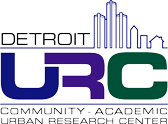



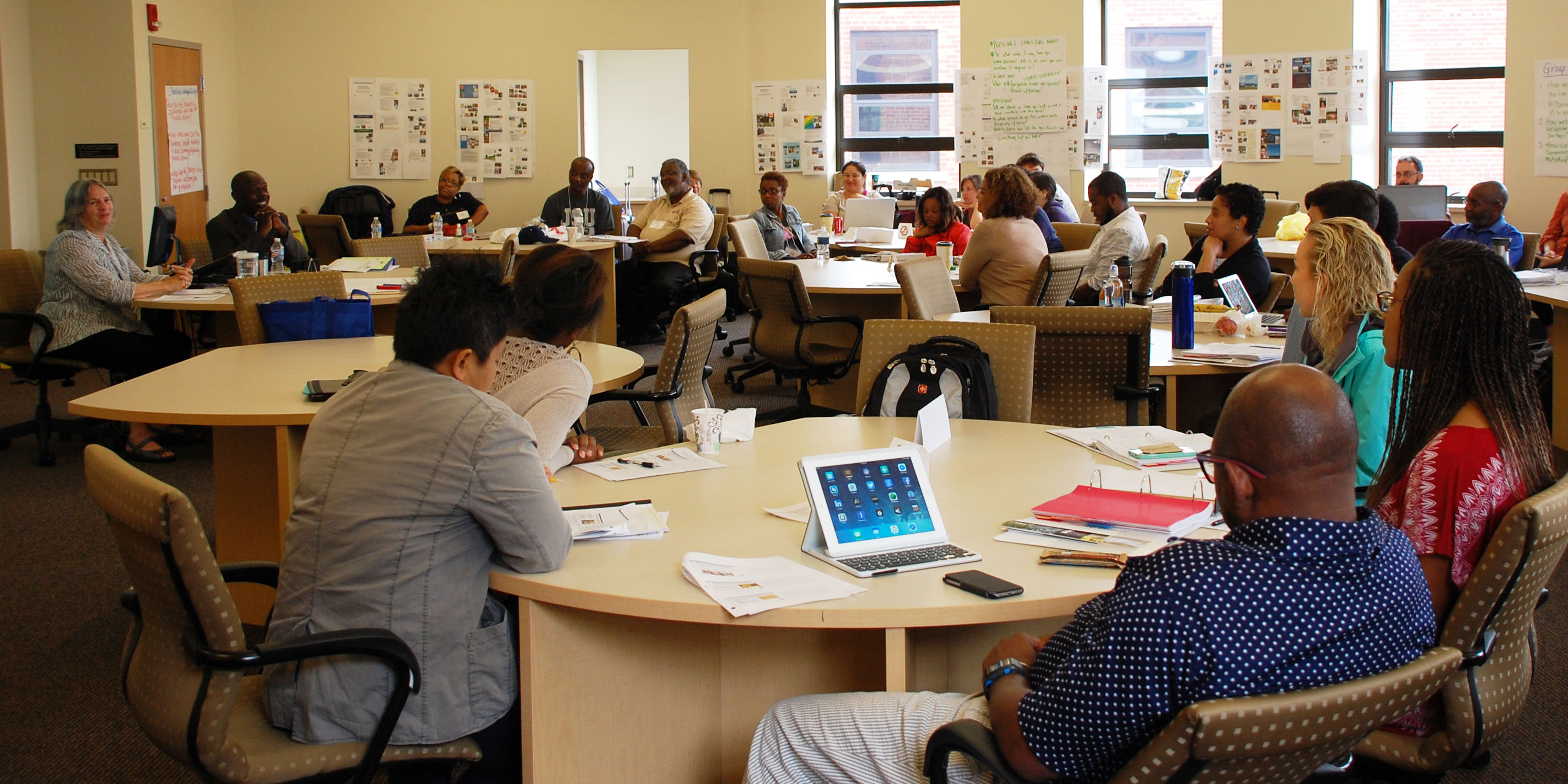
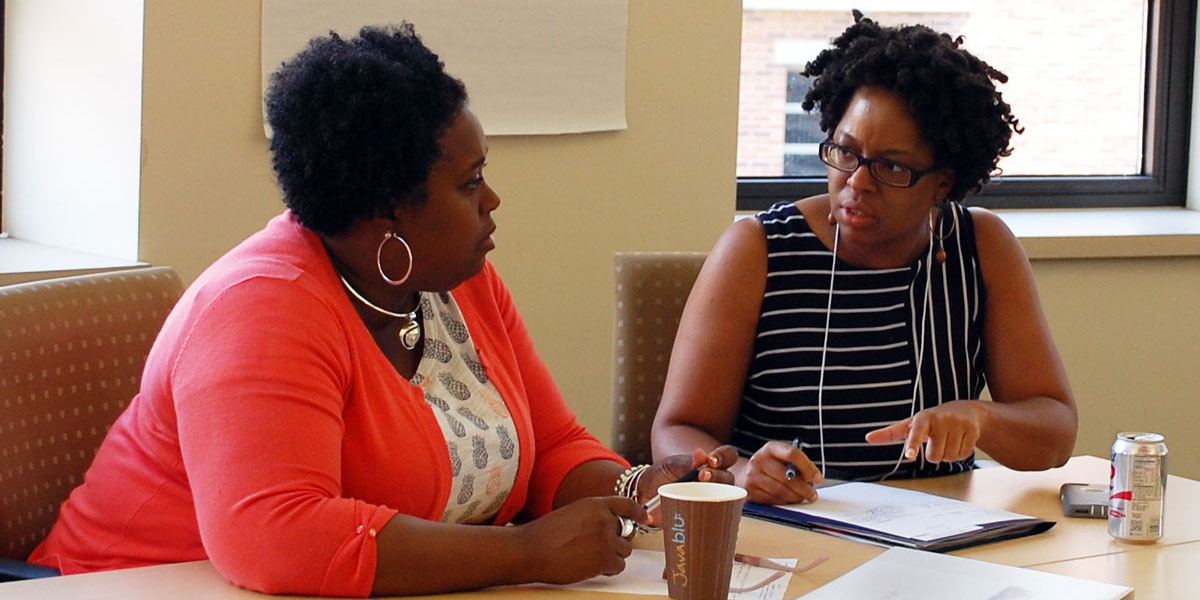


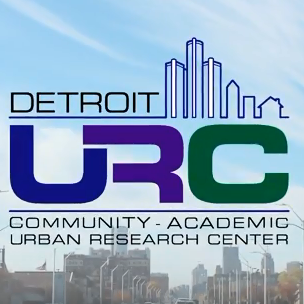


![[USE THIS] 2017 DWEJ logo_Horizontal](/cache/widgetkit/gallery/44/[USE THIS] 2017 DWEJ logo_Horizontal-64638c1e16.png)
